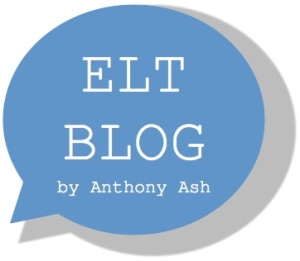An earlier post looked at learner language and ways it can be used most effectively in-class as a learning tool. However, for a teacher to use Learner Language as a tool for Language Input, the learners actually need to produce some language. The underlying prerequisite to emergent language is that learners be put in a Communicative Situation, so that they can produce language.

However, getting learners to talk at length about a topic while giving them free reign over what language they choose to use to express themselves is perhaps easier said than done. Not all topics engage all learners, and the ones which do are all often too sensitive or cause divisions, such as politics or religion.
That said, there is one topic which learners are usually willing to talk about at length: the weekend. From the previous post you have 5 ideas for what to do with learner language, so this post will look at a simple classroom activity to get learners communicating and producing some language for you to later feed back on. Continue reading




